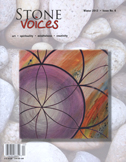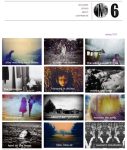Added to The NewPages Big List of Literary Magazines:
Five Quarterly [O] – poetry, fiction
Lunch Ticket [O] – poetry, fiction, nonfiction
New Haven Review  – poetry, fiction, nonfiction
– poetry, fiction, nonfiction
Midwestern Gothic  – poetry, fiction, photography
– poetry, fiction, photography
Angle [O] – poetry
Chagrin River Review [O] – poetry, fiction
Glitterwolf  – LGBT, poetry, fiction, art, photography
– LGBT, poetry, fiction, art, photography
Phoenix in the Jacuzzi  – poetry, fiction, art
– poetry, fiction, art
Quickly [O] – poetry, fiction, nonfiction, drama, reviews
Sundog Lit [O] – poetry, fiction, nonfiction
The Whole Mitten [O] – fiction
Theodate [O] – poetry
iO Poetry [O]
Broad! [O] – poetry, fiction, nonfiction, visual art
Clockhouse Review  – poetry, fiction, nonfiction, drama, comics, graphic narrative
– poetry, fiction, nonfiction, drama, comics, graphic narrative
Quarterly Literary Review Singapore [O] – poetry, fiction, criticism, interviews
Storm Cellar  – fiction, nonfiction, poetry, photography, art
– fiction, nonfiction, poetry, photography, art
Swamp Biscuits and Tea [O] – fiction
[app] = publication available as an app for tablets/phones
[e] = electronic publication for e-readers
 = online magazines
= online magazines
[p] = print magazine
Added to Literary Links:
Burrow Press Review – fiction, nonfiction, columns, serials, interviews, book reviews
The Dying Goose – fiction
District – poetry, fiction, art
Animal – poetry, fiction, nonfiction
Revolver – an arts and cultural magazine based in Minneapolis
WhiskeyPaper – Drink words
The Barnstormer – to celebrate the intersection of sports and humanity with good writing
Dead Flowers – A Poetry Rag
The Bakery – poetry
Verity LA – (Australia) – creative arts journal, publishing short fiction and poetry, cultural comment, photomedia, reviews, and interviews.
Added to The NewPages Big List of Alternative Magazines:
thisthatSAID [O] – a critical examination of contemporary issues
Gadfly [O] – culture that matters
Added to Writing Conferences, Workshops, Retreats, Centers, Residencies, Book & Literary Festivals:
Whistler Readers & Writers Festival [Canada]
BookFest Windsor
Blood & Tea Mystery Conference
Added to Creative Writing Programs:
Augsburg College (MN) MFA program
Benedictine College [Springfield, IL] BA in Writing & Publishing
Monterey Peninsula College [CA] creative writing classes
Added to Independent Publishers & University Presses
Triangle Square – YA imprint of Seven Stories Press
Great Weather for MEDIA – poetry, fiction, monologues, nonfiction, anthologies
Torrey House Press – fiction, nonfiction, environment, American West
Soberscove Press – art-related books
ANTIBOOKCLUB

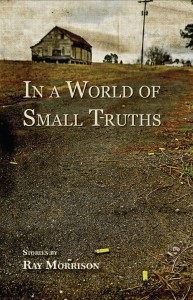
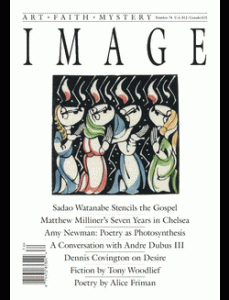
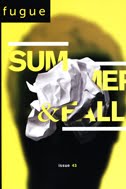


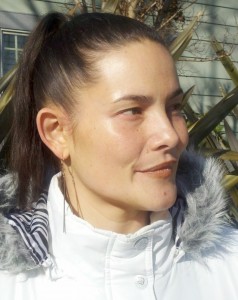
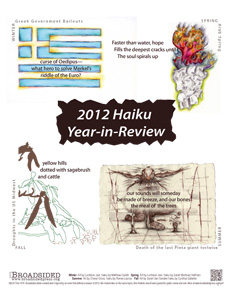

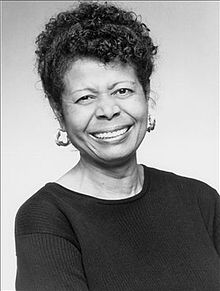


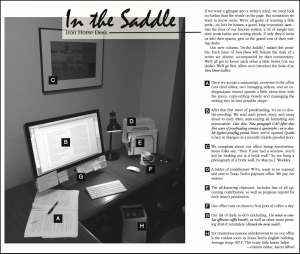
 – poetry, fiction, nonfiction
– poetry, fiction, nonfiction  = online magazines
= online magazines
